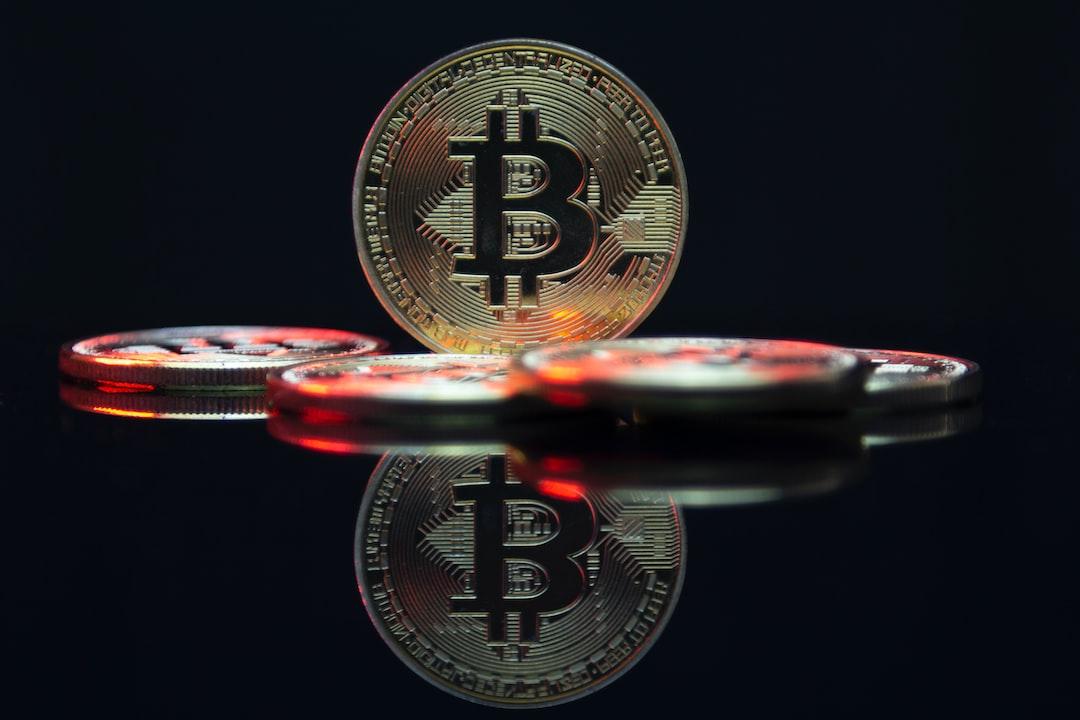In a significant shift, the U.S. Securities and Exchange Commission (SEC) has taken a more supportive approach towards crypto assets, generating optimism within the industry.
According to Matt Hougan, the investment director of the crypto asset management firm Bitwise, this change has set a positive tone in the market. Hougan highlighted a recent speech by SEC Chairman Paul Atkins, envisioning a future where traditional financial assets could migrate to public blockchains and decentralized finance (DeFi) could play a more significant role. Hougan described this address as the most optimistic statement he has seen for the crypto sector so far.
SEC’s New Crypto Stance
Matt Hougan believes that the regulatory body’s shift in the U.S. towards crypto has not been sufficiently priced into the markets. He suggests that the SEC moving from an anti-crypto stance to a supportive one could open new avenues for the industry. The transition, while welcomed, is not yet fully reflected in market valuations.
In this new framework, projects that provide blockchain infrastructure and facilitate the transfer of crypto assets are expected to gain prominence. Hougan emphasizes the importance of focusing on leading blockchains like Ethereum 
$ 3,912, Solana 
$ 175, Cardano 
$ 0.787088, XRP, Avalanche, Aptos, Sui, and Near. He suggests that creating a portfolio of various leading assets could be an ideal strategy to benefit from this transformation.
DeFi Opportunities and Future Outlook
Despite regulatory uncertainty, DeFi applications have reached high usage rates. Hougan notes that Uniswap achieved a record trading volume of $88 billion last month, while the total value locked in lending protocols such as Aave reached $56 billion. Notably, significant volumes are observed in derivative trading platforms, suggesting that clarity in regulations could significantly boost application use.
With more clarity, these applications might see transaction volumes increase by 10 or even 100 times. The integration of traditional and crypto markets could create significant opportunities in the industry.
In light of these developments, interest and investment values in platforms operating within the decentralized finance ecosystem could rise. Hougan underscores that with regulatory frameworks becoming clearer, the DeFi sector holds rapid growth potential.
Integrating Applications in Financial Services
Hougan suggests that the concept of “super apps,” which allow financial services to be accessed through a single application, could stand to benefit most from the SEC’s new policy. Companies like Coinbase and Robinhood, which offer services combining traditional and crypto assets, are already attracting attention.
One of these companies could potentially become the world’s largest financial service provider, possibly reaching a valuation exceeding $1 trillion.
In conclusion, if regulators in the U.S. adopt a more positive stance toward crypto, many players from leading blockchain ecosystems to DeFi applications and financial super apps could benefit. Industry representatives believe this new era is not yet fully priced in and could offer substantial opportunities in the forthcoming period.

